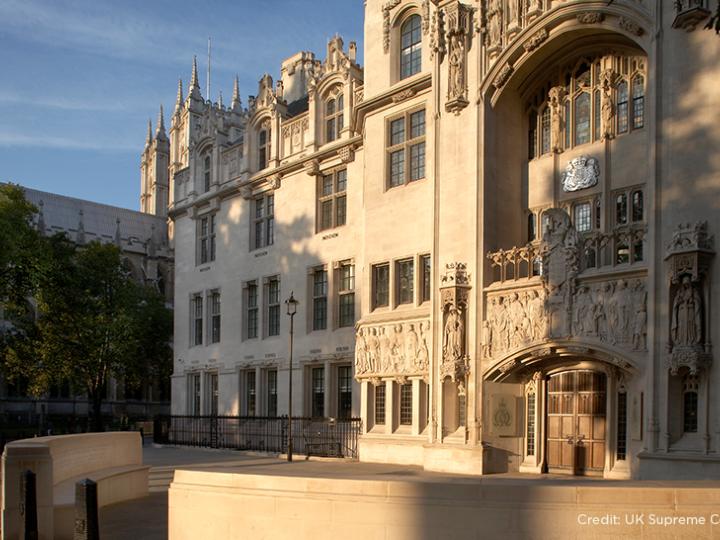In Enka Insaat Ve Sanayi A.S. v. OOO Insurance Company Chubb, the Supreme Court of the United Kingdom held that where parties have not made a choice of law to govern the arbitration agreement, either specifically in the arbitration clause or in the contract generally, the applicable law is the one “most closely connected” to the arbitration agreement. The Court found that, in general, the arbitration agreement will be most closely connected with the law of the seat of arbitration, and references Restatement of the Law, The U.S. Law of International Commercial and Investor-State Arbitration in support of its decision.
Excerpted from the judgment:
This also accords with the approach taken by the American Law Institute in the final draft of the Restatement (Third) of the US Law of International Commercial and Investor-State Arbitration (24 April 2019). Section 2.14 of the draft Restatement recommends a rule that a court should determine whether an international arbitration agreement is null and void in accordance with: (1) the law to which the parties have subjected the arbitration agreement; or (2) in the absence of such a choice of law, the law of the seat of arbitration. This approach is consistent with article V(1)(a) of the New York Convention. The comment on the applicable law explains:
“On balance, the present section favors ensuring symmetry between pre-arbitration and post-award standards for determining the validity of an arbitration agreement. There is no reason in principle why a court should answer that question differently depending on the stage of the proceedings, and doing so would inject unnecessary uncertainty and complexity into the analysis.”
Section 2.15 of the draft Restatement adopts the same rule for the purpose of determining whether a matter falls within the scope of an arbitration agreement, taking the position that the law applicable to determining the scope of an agreement to arbitrate should parallel the law applicable to determining whether the agreement is valid.
The Restatement of the Law, The U.S. Law of International Commercial and Investor-State Arbitration identifies the role of the courts over the life cycle of an arbitral proceeding, including enforcement of the arbitration agreement, the judicial role in arbitral proceedings, and post-award relief. It also addresses the ways in which the basic principles governing U.S. court involvement in investor–State arbitration in some instances are different from those applicable to international commercial arbitration generally.
The Proposed Final Draft was approved by ALI membership in 2019. If you are interested in receiving a copy, please contact communications@ali.org.
